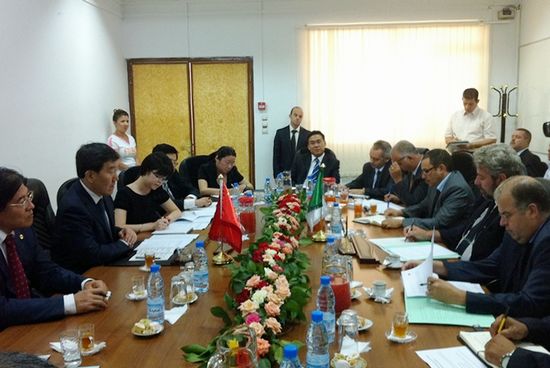While China has announced plans to boost the use of the Chinese currency renminbi in Southern Africa, part of Beijing’s efforts to diminish use of the dollar, a new study by Carnegie Endowment for International Peace (CEIP) highlights a number of major obstacles that stand in the way of BRICS’ de-dollarization efforts.
In a visit to Zambia, Bank of China’s Executive Vice President, Lin Jingzhen, said that the Bank plans to use its office in the country’s capital to promote the use of renminbi (RMB) to increase trade with the southern African nation and others in the region. “We will earnestly act upon our responsibility and leverage our role in Zambia to provide holistic services and products related to RMB and to promote the use of RMB in bilateral trade and economic activities,” he said. During a state visit by Zambian President Hakainde Hichilema to China in September, the two governments agreed to conduct more business using their own currencies. The world’s fourth-biggest lender by assets, state-owned Bank of China is the nation’s only bank with a presence in Zambia and operates as a clearing facility.
But according to a new study entitled ‘The Difficult Realities of the BRICS’ De-dollarization Efforts — and the Renminbi’s Role’, despite accelerating efforts by BRICS policymakers to increase global use of non-dollar currencies, particularly the Chinese renminbi, the push for de-dollarization faces serious headwinds. Published by the Carnegie Endowment for International Peace, the study says that Washington should take note of how frustrations with the dollar are helping enable the rise of the renminbi in emerging markets and motivating strategic partners like India to push for greater use of non-dollar currencies. But, in the same breath, it argues that despite such ambitions that have been a focus of BRICS policymakers for over a decade, today, the vast majority of cross-border transactions involving BRICS members and other emerging markets continue to be invoiced in dollars. Among the main obstacles highlighted by the study are the relatively limited amount of renminbi available outside of China, the high transaction cost for using BRICS currencies or geopolitical tensions that could also ultimately limit the renminbi’s uptake.



